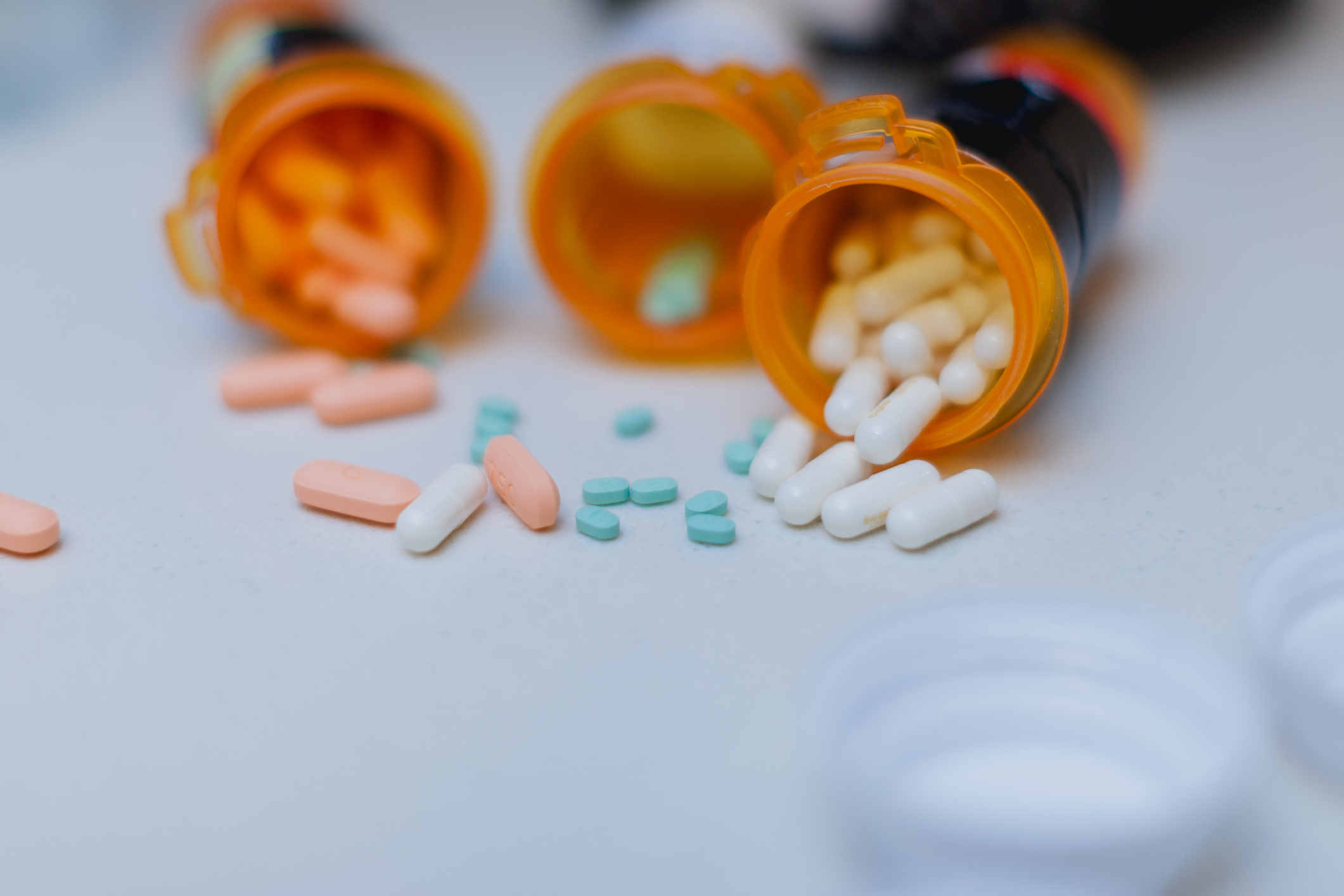The hellish heat of my parent’s room scorched my forehead with dripping sweat. An enjoyable Saturday morning filled with shopping bags and Dunkin’ Donuts turned into a scene ripped straight from my grandmother’s soap opera marathon. As my parent’s squeaky door creaked open, my legs became paralyzed, cemented in the hallway. There lay my dad, sprawled across the carpeted floor, with a pill bottle in his hand drowned in his saliva.
If you were to ask me about using substances, I would tell you, “I’m not one of those teens who enjoy casual drinking and drugs at house parties.” But if you were to really ask me why I avoid illicit substances, I would tell you that I am eight times more likely to become dependent on substances. I would tell you that addiction is the infectious disease that grips you while you kill yourself slowly. In my case, my father and older brother suffer from substance use disorder and alcohol use disorder, respectively. Through my late childhood and early adolescence, I was spared the rod of the shocking behaviors of addiction. When being carried on my father’s strong, broad shoulders, I loved the way the cool breeze kissed my face. Maybe it was the way my fingers got sticky from pulling cotton candy from the cumulus clouds in the sky. My brother managed to conceal the clinking of alcohol bottles after trips to the liquor store by slipping a crisp five-dollar bill into my pocket. But as I matured and became aware of their behavior, I wondered why my father never attended school plays, or why my brother and I’s days ended with us barking insults at each other (his words mainly being slurred). While the word addiction often leaves a bitter taste in my mouth, it also reminds me of my dad’s bellowing laugh and humorous charisma, making my mother and I laugh until our stomachs ached. Despite the moments of him nodding off on the couch, ravaging through the kitchen for food, and his increased temper, he was my dad, my hero. My brother becomes sentimental when he drinks, his cup overflowing with light banter about my childish desires and envious pout on others’ birthdays.
In the heart of where I’m from, you may spot unhoused individuals pushing shopping carts and panhandling. While ignorant schoolchildren call them feens, I see someone’s daughter struggling with an internal conflict named addiction. I see a man who may have faced adverse experiences finding solace in the shining crystal in his pocket. Seeing addiction firsthand has shaped me to be more empathetic and gentler, expanding my understanding of how addiction grips unsuspecting people. If we were all more graceful to those suffering from addiction, we could deconstruct the stigma that addicts are “crackheads” or people who use all day and spend government money. These misconceptions create a hostile and cold environment for those fearful to seek help because they fear judgment. When I look at my father, you may see the copious unlabeled pill bottles, but I see the macho man who carried all the grocery bags in his two hands. When looking at my brother, you may smell the potent fragrance of alcohol-drenched clothes, but I see a protector willing to protect his princess at all costs. Having vices is an inevitable part of life, so what makes addiction different from infidelity? Gluttony? Stealing? We all fall victim to destructive and self-sabotaging habits, even if they cannot be physically seen, so who are we to judge someone for their struggle with addiction? As a result of this, we need to initiate change to prevent the everlasting cycle of addiction by establishing harm reduction centers to monitor drug usage to prevent overdoses and make rehab more accessible.
As I walk into post-high school studies, I intend to pursue a political science major with a minor in African American studies. At an illustrious university, I will be on an accelerated pre-law track with hopes of becoming a human rights lawyer. My mission is to shed light on the struggles of marginalized communities and provide legal defense for those historically neglected in the justice system. African American and urban communities were victims of Reagan’s “war on drugs” and illegal “stop and frisk” policies that violated their constitutional rights. I also intend to kickstart a non-profit focusing on restorative justice and grassroots activism. Being that HBCUs are historically underfunded compared to their white counterparts, attending this school is a large hindrance to my single mother. I do not want financial aid to be the reason why my dreams will not come to fruition. I am asking that you consider my dedication and efforts to my education and goals by awarding me the Mountainside Brighter Future Scholarship.

